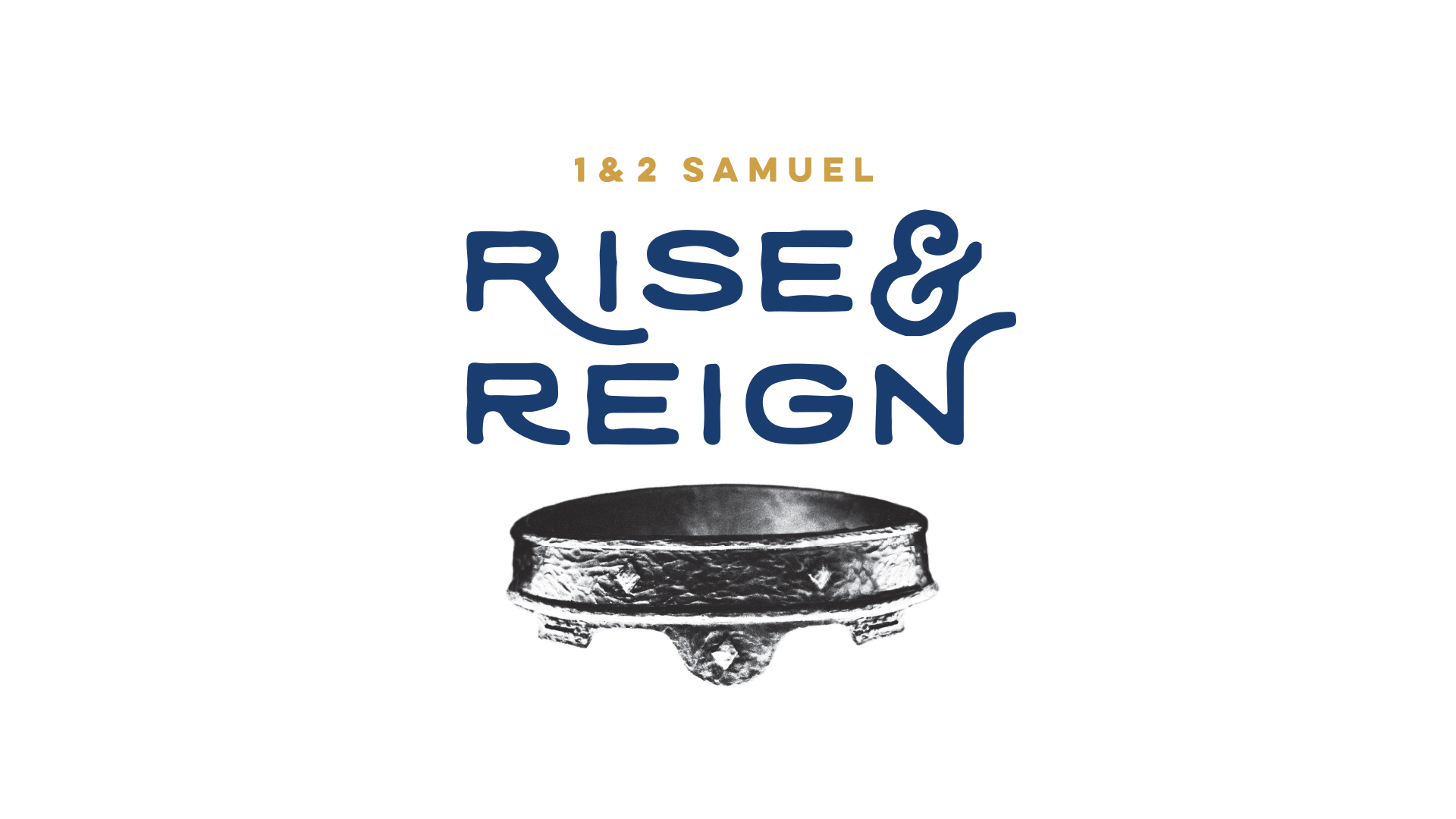Technically, the word “ritual” comes from the older word “rite,” which was used to describe religious observances and ceremonies. But these days, the word “ritual” has lost much of its religious roots. I often hear people describe their habits at the beginning of the day as their “morning ritual,” and many of the world’s best-known athletes are famous for complex at-bat rituals and pre-game routines. Some of these rituals–like clipping fingernails during a timeout or throwing octopi onto the ice at a hockey game–are absurdly superstitious.
But what is the role of ritual in our relationship with God? As we continue reading Saul’s story in 1 Samuel 13-15 this week, we will see that ritual is valuable but not sufficient. Moreover, that which is necessary remains far less certain but still quite trustworthy. And–if Saul’s story is any indication–learning this latter lesson makes all the difference between leading well and losing everything.
DOWNLOADS
See It Be It Video Audio Notes (download pdf) Notes (digital) iTunesSEE IT // BE IT
(WEEKLY COMMUNITY GROUP DISCUSSION GUIDE)
DATE: September 10, 2017: “Perhaps”
Scripture: I Samuel 13-15
ARRIVAL / SOCIAL TIME 15-20 minutes
Spend the first 15 minutes or so of your time together catching up and socializing with one another. Also find time to catch up together on how the assignments from last week turned out.
SERMON REVIEW 5-10 minutes
What is the difference between true religion and blind superstition? This is the question that Jon helped us answer from I Samuel 13–15 this week. In these chapters we watch Israel’s first king (Saul) struggle to become the leader that God was calling him to be. In stark contrast to his son Jonathan, Saul traded in a dynamic relationship with God for static rituals to try to manipulate God. Saul, compelled by insecurity, fear and pressure found himself trying to check off a list of spiritual do’s and don’ts with God, hoping to compel God to be on His side. Jonathan acted very differently. Jonathan, compelled by his dynamic relationship with God, sought to serve God and dared to risk his security and certainty to join God in what he thought “perhaps” God might be doing. We, too, are invited to step into the “perhaps” of life with God and our dynamic relationship with Him instead of simply responding to the pressures of life with a superstitious, static ritual that tries to manipulate God on our own behalf.
THE MAIN THOUGHT keep this in mind as you facilitate discussion
Relationship is more important than ritual.
SEE IT – Questions 10-15 minutes
Picture SEE IT – (What is the story saying?): What impacted you most from Jon’s sermon this past Sunday? Why? What insight do the stories of I Samuel 13–15 give you about Saul as a person and as leader? (insecure, pragmatic, etc.) How does Saul’s leadership differ from Jonathan’s leadership in these stories? (Jonathan focuses on God and gets victory, Saul focuses on victory and loses God) What do you think it means that God values obedience more than sacrifice? (I Samuel 15:22)
Mirror (Where am I in the story?): What is the difference between religion and superstition? When was the last time your faith became more of a static ritual than a dynamic relationship? How have you tried to get God to serve you in the name of faith, instead of giving yourself to serve God?
Window (How does the story change how I see those around me?): What does a dynamic relationship with God look like? How is that different than a static ritual? What are some things that you do in your life to live more like Jonathan (dynamic relationship) than Saul (static ritual)? How does a dynamic relationship with God respond when God speaks? How does a dynamic relationship with God respond when it is waiting on God to speak or has a hunch about what God might want to do?
BE IT – Practice
Change UP // Listen Together 15 minutes The two fundamental questions of discipleship are “What is God saying?” and “What am I going to do about it?” It’s about hearing God and responding to what He says. Invite your group to share some things they think God might be saying to them and how they are acting on those things. If you are familiar with the discipleship tool, The Learning Circle, introduce this tool at this time to help people identify what God is saying and what they are going to do about it. If you are not familiar with The Learning Circle go to https://youtu.be/sfXF1zoKFGI for a tutorial.
Change IN // Share Together 5 minutes
Jon told the story of Jonathan in I Samuel 14 and how Jonathan acted on a hunch (saying “perhaps”) of what he thought God wanted him to do. Invite your group to share stories this week on how they have acted on a “holy hunch” in their lives in moments when they weren’t sure what God might want to do in a given situation. Use these stories to increase faith to risk in the group’s life.
Change OUT Risk Together 5 minutes
Take a moment to invite your group to share one place they sense God might be asking them to take a risk this week. Have each person write their name and the risk on a piece of paper. Once each person has done this, have each person read that risk out loud to the group and place their paper in a cup. Before the group leaves invite each person to pick a piece of paper out of the cup and take this week to pray for the person whose paper they chose and come ready to share their “risk stories” next week.
CLOSING PRAYER 5 minutes
Take a few minutes to gather any prayer requests and pray for each other to SEE IT and BE IT this week.

